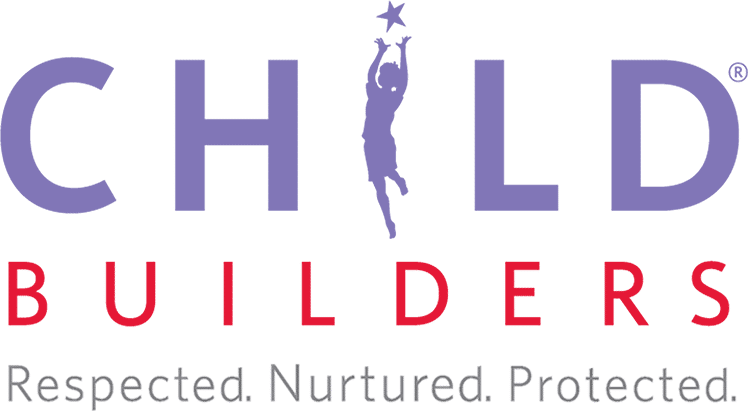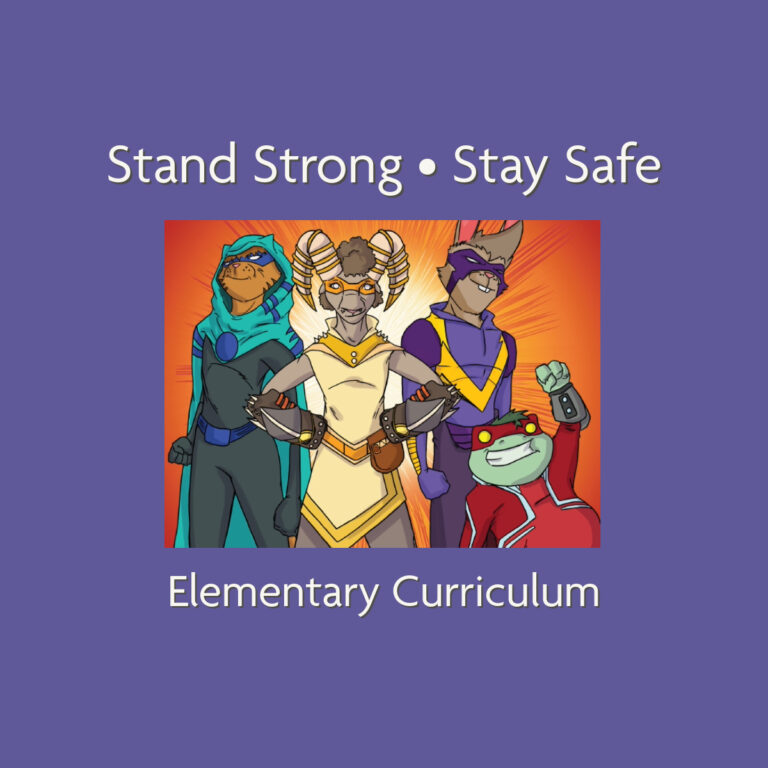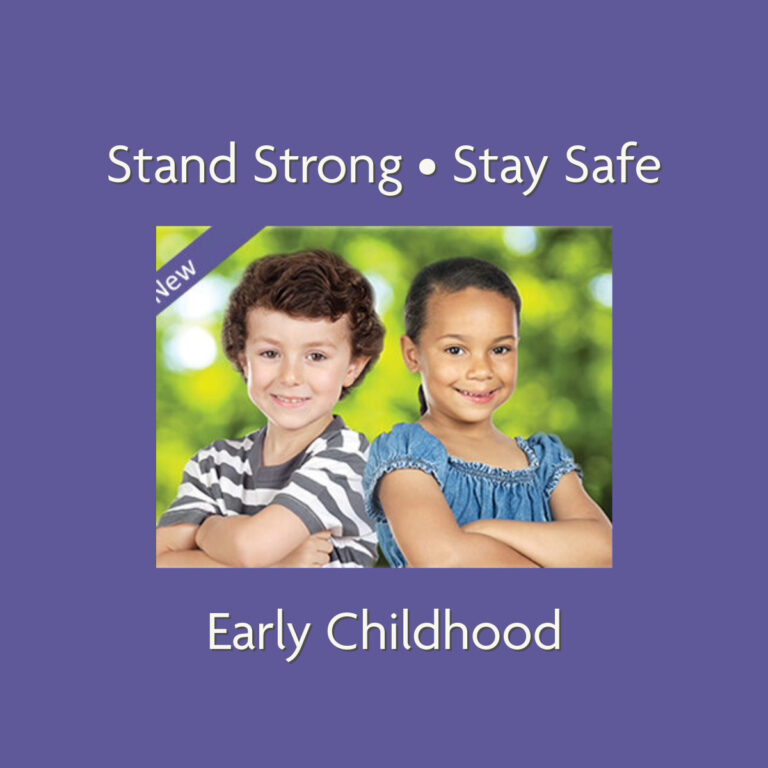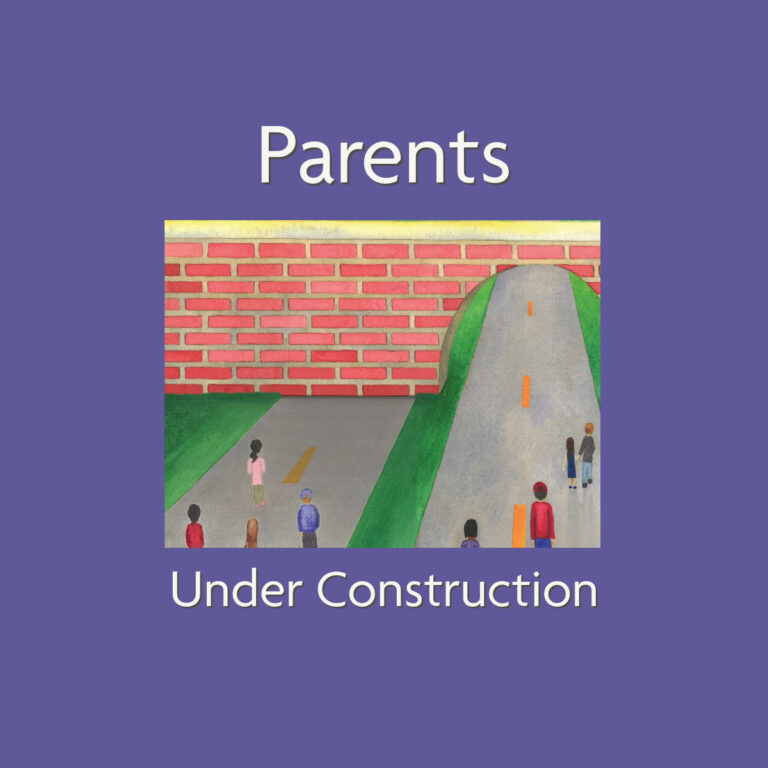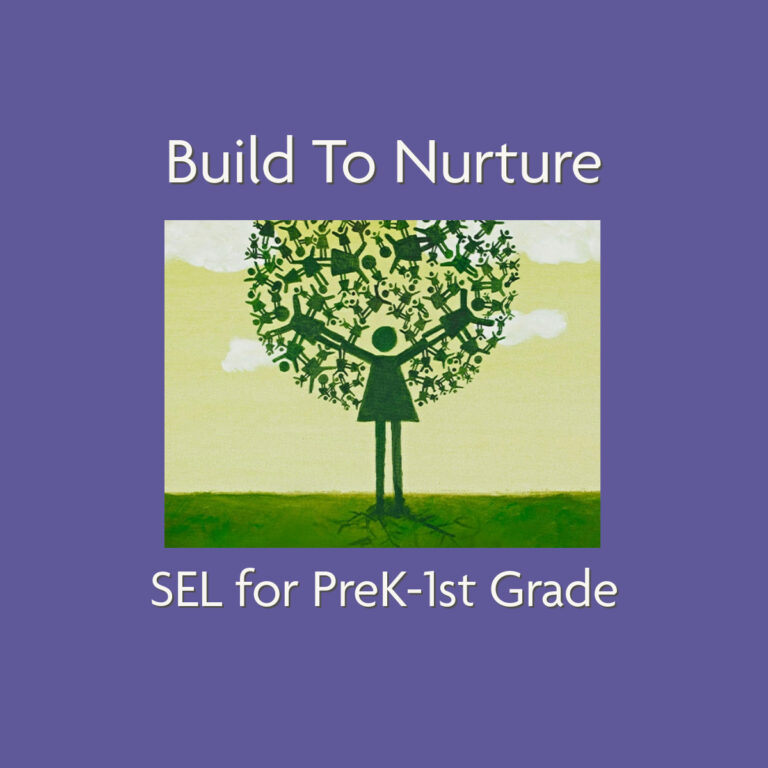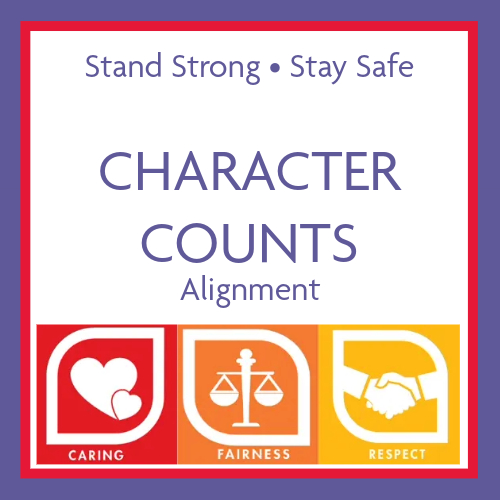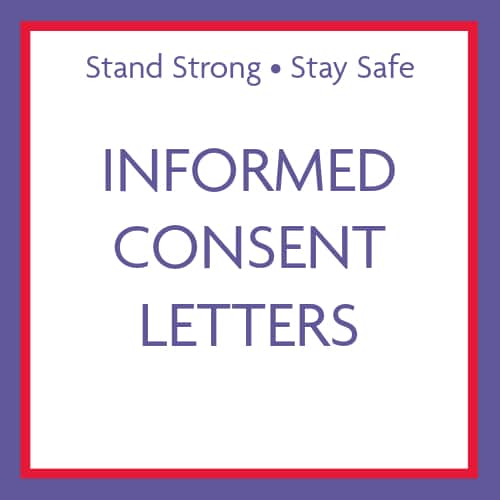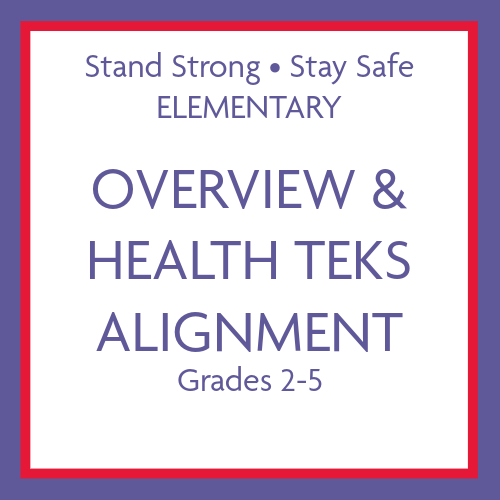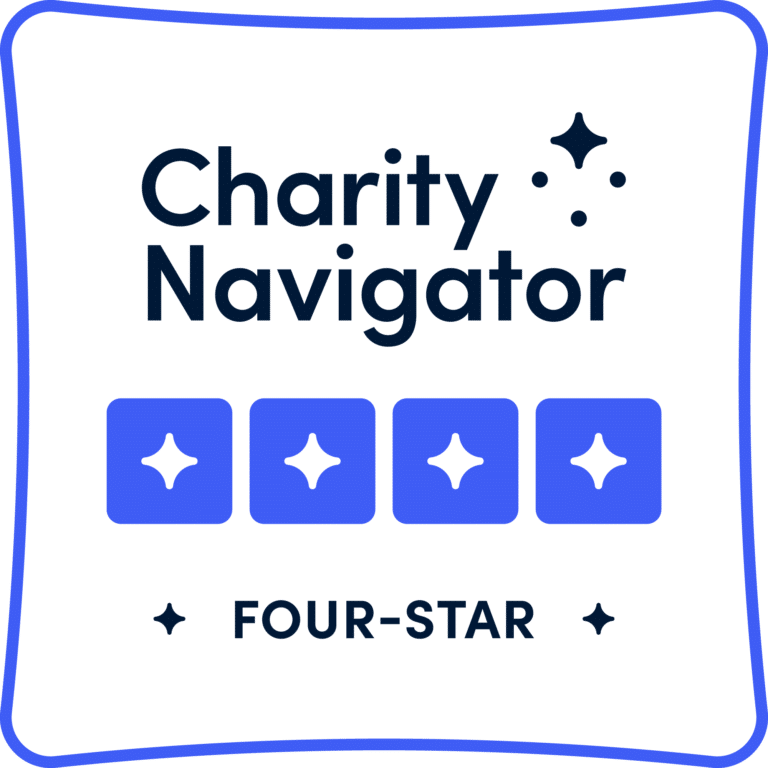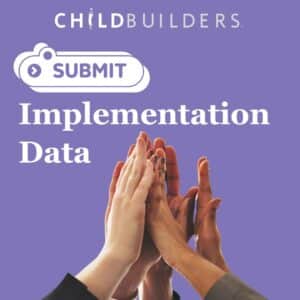Read More & Access Your Curriculum
Documentation
Interested in Training?

Refresher Training: Stand Strong • Stay Safe - Early Childhood
August 20, 2024
9:30 am - 11:00 am
$50, Scholarships Available
In this training, presenters learn about the updates to the Stand Strong * Stay Safe - Early Childhood program. CPE/CEU credits available for participants in Texas. Discounts available - please contact us for more information. Please register by emailing our team

Refresher Training: Stand Strong • Stay Safe - Early Childhood
September 5, 2024
9:30 am - 11:00 am
$50, Scholarships Available
In this training, presenters learn about the updates to the Stand Strong * Stay Safe - Early Childhood program. CPE/CEU credits available for participants in Texas. Discounts available - please contact us for more information. Please email our team to register.

Refresher Training: Stand Strong • Stay Safe - Early Childhood
October 15, 2024
10:00 am - 11:30 am
$50, Scholarships Available
In this training, presenters learn about the updates to the Stand Strong * Stay Safe - Early Childhood program. CPE/CEU credits available for participants in Texas. Discounts available - please contact us for more information. LOG IN WHEN PROMPTED OR CONTACT OUR TEAM FOR ASSISTANCE.
If you do not see a training session listed that meets your needs, please contact us with your interest below!
